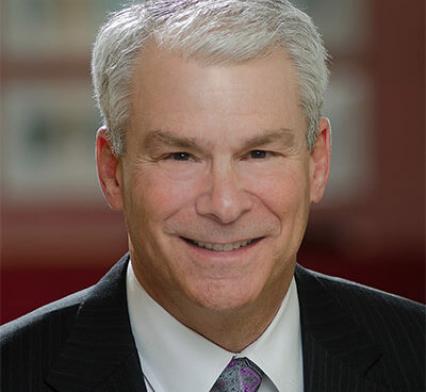Now What?
Six months into the pandemic, most of us have mostly figured out things like remote work and workplace hygiene. Minding our employees’ emotional health remains a challenge, and leaders in especially hard-hit sectors like hotels, restaurants and performing arts are still racking their brains to figure out how – if – they can hang on until customers venture out again. Even those of us whose industries have been hurt but not mortally wounded are adjusting budgets, plans and employee expectations, knowing that continuing economic uncertainty mandates prudence.
At the same time, though, we all have to look ahead to when the economy comes back. It’s going to be different – and business will be too. Customer expectations, employee expectations, supply chains, regulatory environments: all of these, and many other factors, are changing. We don’t yet know where things will land. Yet, now is the time to think strategically about how to re-launch in whatever the new world will look like.
A thought-starter that caught my eye recently is a McKinsey profile of Mark Thompson, who transformed the New York Times into a digital-subscription-first news platform. The Times may be the only legacy newspaper in the country that is actually making money now, and they got there by rethinking not just old paradigms (“print comes first”) but newer ones (“the only way to make money online is by selling ads”). The lessons from their bumpy road to transformation (by his own count, they tried and failed at reorganization five times before they got it right) are especially useful in this time of unprecedented uncertainty. Here are just a few that stood out to me:
- “An outsider has many disadvantages but one advantage is a ‘cold eye’.” Thompson was new to the industry, not just the company, when he became CEO, so didn’t have the “psychological barriers” of those who’d spent their careers there. I myself had the same experience when I took the helm at Pinnacol seven years ago without ever having worked at an insurance company. That helped me think differently about how to better serve our policyholders and injured workers, which led to accelerated digital changes and an enhanced customer service mindset, among other transformations. What could a fresh, “cold” eye bring to your company at this time when we all have to recalibrate?
- Avoid “ ‘supersessionism’ – the assumption that what’s going to happen is replacement” by insurgents. In Thompson’s world, that’s the assumption that traditional news sources will be replaced by new modes and methods. He points out many of those media insurgents don’t appear to have the resources to last over the long haul, so the odds that they will replace the established companies don’t appear to be all that great. Think about this point of view in the context of our current economic upheaval. If you’re an established company, you have advantages that smaller competitors don’t. How can you use those advantages to evolve – quickly – right now?
- As Thompson and his team sought to evolve The Times, they “needed a cultural shift from a very strict division of labor to something that was far more integrated…Vertical politics often got in the way of rapid change.” If ever companies have needed to change rapidly, it’s now. Is your business structured optimally to address the new realities of culture, service, delivery and – more than ever – innovation?
Lessons like these can help you rethink your assumptions and position your business for success in the “next normal.”
